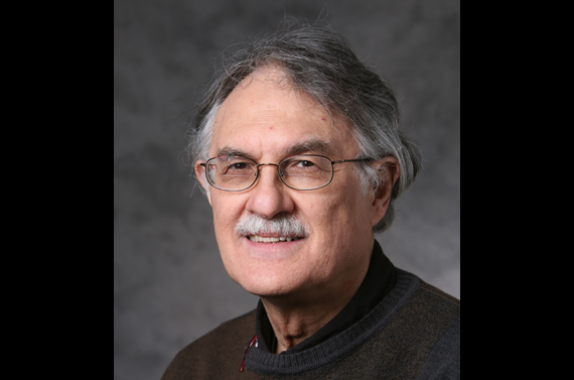
Dr. Georges Belfort, Institute Professor of Chemical and Biological Engineering at Rensselaer Polytechnic Institute (RPI), Troy, New York, has been selected to chair the Society for Biological Engineering (SBE), a technological community within AIChE (the American Institute of Chemical Engineers).
SBE promotes the integration of biological principles with engineering, and supports the work of scientists who engineer living cells to create new products or to do useful work, including important applications in healthcare and the production of chemicals and energy. Belfort succeeds Gregory Stephanopoulos, the W. H. Dow Professor of Chemical Engineering at the Massachusetts Institute of Technology, and will chair the SBE for a three-year term.
Belfort began his chemical engineering studies at the University of Cape Town (South Africa), and later earned his MS and PhD at the University of California, Irvine. He spent four years on the faculty of the School of Applied Science at Hebrew University (Jerusalem, Israel) before joining RPI in 1978. He has documented his research — in areas including chemical molecular engineering, bioseparations, and synthetic membrane technology — in more than 200 journal articles and 20 books. In addition to his leadership of SBE, Belfort is a member of the U.S. National Academy of Engineering and a foreign associate of the Bologna Academy of Science, Italy. He is also an AIChE Fellow, and he serves on the scientific advisory boards at Intermolecular, Inc., the Max Planck Institute, the Center for Bioengineering, Hebrew University of Jerusalem Israel, and the Chinese Academy of Science. He is a co-founder of the North American Membrane Society.
“In addition to his wide-ranging technical contributions, Belfort brings his expertise in downstream bioprocessing to SBE,” says Darlene Schuster, a director of AIChE. “AIChE is looking forward to the continued successful growth and expansion of SBE into new biological engineering domains under Georges’ leadership.”
More information about the Society for Biological Engineering is available at www.aiche.org/SBE.
About SBE:
Established in 2004, the Society for Biological Engineering is a technological community for engineers and applied scientists integrating biology with engineering. Members of SBE come from a broad spectrum of industries and disciplines and share in SBE’s mission of realizing the benefits of bioprocessing, biomedical and biomolecular applications. http://bio.aiche.org.
About AIChE:
AIChE is a professional society of nearly 45,000 chemical engineers in 100 countries. Its members work in corporations, universities and government using their knowledge of chemical processes to develop safe and useful products for the benefit of society.
Through its varied programs, AIChE continues to be a focal point for information exchange on the frontier of chemical engineering research in such areas as energy, sustainability, biological and environmental engineering, nanotechnology, and chemical plant safety and security. www.aiche.org.
